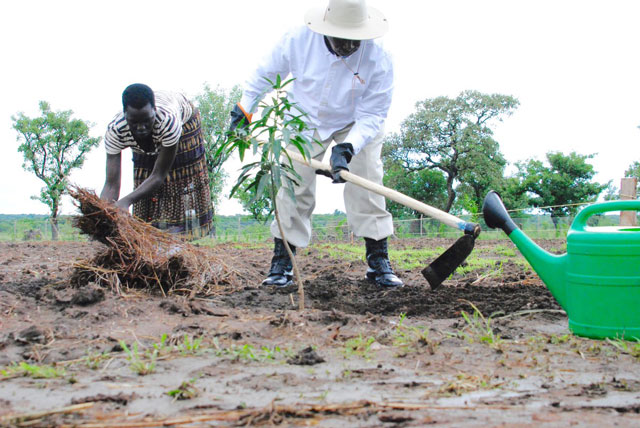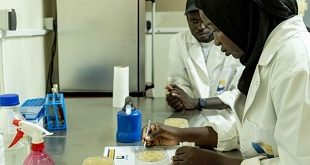
Museveni’s tough position
When President Museveni rejected the Bill for the second time, he said in a letter to parliament that many of the critical issues he had raised in the earlier letter of objection he sent to Kadaga in December 2017 had not been fully addressed in the revised bill.
The President urged Parliament to guard against interests of various groups which could be against the interests of Ugandans.
“I do understand that there are large commercial interests behind the promotion of the technology. These commercial interests, however, need to be balanced against the need to protect ordinary Ugandan citizens from real and potential harm, health and wellbeing rather than profit,” he said.
He said the issue of genetic modification of seeds and livestock does not only touch on science but also agriculture, ecology, food, national security as well as the sovereignty of Uganda. He urged the legislators to “proceed with caution and include the necessary safeguards in this law.”
Museveni said many of his concerns had not been addressed in the revised Bill due to the narrow interpretation of parliamentary procedure, which limited the number of clauses, which could be added into it.
“Parliament should allow free deliberation and if necessary, the addition or subtraction of clauses until a harmonized position can be reached among all stakeholders,” Museveni said.
Museveni said he is in favour of a law that “allows scientists to carry out research and make scientific breakthroughs, while at the same time safeguarding the beautiful ecology and diversity that God has bestowed on our country as well as the interest of Ugandans who continue to depend on the land for their sustenance.”
The president further noted that he wants the law improved to ensure that the benefits of genetic inventions are shared equally between the breeder and inventor and the indigenous communities that have been the custodian of genetic materials through the ages.
“The law should clearly spell out how intellectual property rights and economic benefits will be shared with local communities.” Museveni also wants stringent measures included in the law, which will ensure that GMO crops do not contaminate the organic crops.
The law must clearly spell out the isolation measures such as greenhouses, isolation distances that will be applicable for any person involved in genetic material research and production.
“The law must also address the penalties that apply to any person who fails to apply these measures and allows the co-mingling of GMO with non-GMO material,” the president said. Museveni also suggested the need for measures guarding against the use of poisonous and dangerous viruses and bacteria as well as chemicals, like glyphosate that have been suspected of causing cancer.
This law should put in place safeguards to protect our soils from such contaminants. Specifically, we should prohibit the use of the substances like glyphosate until we have developed our scientific data showing that it is safe to use on our fertile Ugandan soils, Museveni said.
On the issue of strict liability, which was contentious as Parliament debated the Bill, the President proposed that once harm had been done by a genetic material/product, the burden of proof must rest with the invention and introducer of the genetic material that caused the harm.
“We cannot expect our poor peasant farmer to marshal the necessary financial and administrative resources to develop the scientific and legal evidence with all its intricacies to defend himself or herself in court,” Museveni said.
While cautioning parliament to tread carefully on the Bill, the President made reference to the “wonder drug” called thalidomide, which was licensed in the 1950s as a sedative and for the treatment of morning sickness in pregnant women but several years later, it emerged that it led to severe birth defects in children.
“This teaches us; firstly, that scientific inventions may cause harm to humans and that, this harm may not be apparent for many years.”
Therefore manufacturers, inventors and introducers of genetically modified or engineered products, Museveni noted, must ensure that their products are safe and as such, accept strict liability in case the product does cause harm.
The President said addressing the issues raised will finally allow Ugandans have a genetic engineering law that is pro-science, pro—people and pro-development.
****
 The Independent Uganda: You get the Truth we Pay the Price
The Independent Uganda: You get the Truth we Pay the Price


